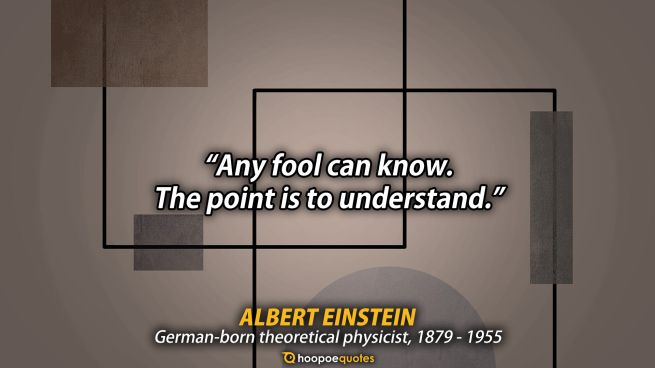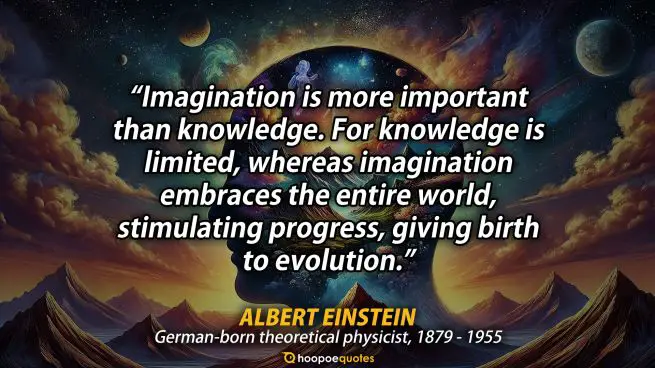Disclosure: This post may contain affiliate links, meaning we get a commission if you decide to make a purchase through our links, at no cost to you.
Pouring Wisdom: Unpacking Socrates' Thought
Alright, let’s dive headfirst into the ancient wisdom of Socrates—the guy who could drop philosophical bombs like nobody's business. This guy was the OG of deep thinkers, dropping lines that have made people scratch their heads for millennia. Here’s a zinger for you: “I only wish that wisdom were the kind of thing that flowed... from the vessel that was full to the one that was empty.” Sounds simple, right? Spoiler alert: It’s not. We're going to dissect this sucker, see what Socrates was really getting at, and figure out why this quote still packs a punch today.

The Puzzle of Wisdom: What Socrates Really Meant
Socrates wasn’t just waxing poetic here; he was throwing down some serious knowledge. On the surface, it sounds like he’s saying he wishes wisdom could be transferred easily from one person to another, like pouring water from a full glass to an empty one. But dig a little deeper, and you’ll see this quote is a slap in the face to anyone who thinks wisdom is a simple transaction. Wisdom isn’t something you can just hand over; it’s earned, learned, and sometimes painfully acquired.
Socrates was all about the journey to wisdom. He knew that true understanding comes from experience, self-reflection, and sometimes failing spectacularly. His point? There’s no shortcut to wisdom. You can’t just download it into your brain like an app. You have to live it.
Socrates was the ultimate questioner, always poking holes in people’s beliefs to get to the truth. Living in Athens around 400 B.C., he didn’t write anything down—his student Plato did that for him. Socrates was less about giving answers and more about asking questions that made others think deeply. This quote reflects his belief that wisdom is an active pursuit, not a passive gift. He didn’t think he was wiser than anyone else; he just knew how little he knew and wasn’t afraid to admit it.

Historical, Philosophical, and Psychological Perspectives
Historically, Socrates’ approach was revolutionary. Back in his day, knowledge was often seen as something handed down from the gods or a privilege of the elite. Socrates flipped the script by saying everyone could achieve wisdom, but it took effort.
Philosophically, this quote taps into the essence of epistemology—the study of knowledge. It challenges the idea of how knowledge is transferred and understood. It’s a nod to the Socratic method, which is all about asking the right questions to stimulate critical thinking and illuminate ideas.
From a psychological viewpoint, the quote highlights the necessity of personal growth and self-awareness. It suggests that wisdom comes from within, nurtured by our experiences and reflections. It’s like saying, “You’ve got to work for it, kiddo.” It’s about the process of becoming wise, which is as much about questioning what you know as it is about learning new things.
Relevance in Today's World
Fast forward to today, and Socrates’ words are still spot on. In a world where information is at our fingertips, wisdom seems even harder to come by. We can Google anything, but understanding it? That’s a whole different ball game. This quote is a reminder that true wisdom requires more than just absorbing information—it demands critical thinking and introspection.
Think about how we consume news and information. It’s easy to read headlines and think we know the full story, but real understanding takes effort. Socrates would probably roll his eyes at our clickbait culture and urge us to dig deeper, question more, and accept that sometimes, the answers are complicated.
My Take: Getting Wise with Socrates
Personally, I love this quote because it cuts through the crap. It’s a wake-up call that wisdom isn’t something you can just acquire overnight. It’s about the journey, the mistakes, and the questions that lead you to a deeper understanding of yourself and the world.
Want to get wise? Start questioning everything. Don’t take things at face value. Reflect on your experiences and learn from them. And remember, wisdom isn’t about having all the answers; it’s about knowing what you don’t know and being okay with that.
So, here’s the bottom line: Socrates was onto something big with this quote. He knew that wisdom is a tough nut to crack, something that can’t be simply handed over. It’s about the effort, the journey, and the relentless pursuit of knowledge. So next time you’re faced with a tough decision or a complex problem, channel your inner Socrates. Question, reflect, and remember that the path to wisdom is paved with curiosity and humility.

References and Further Reading
- Plato’s "Dialogues" (for more Socratic wisdom)
- "The Republic" by Plato
- "Sophie's World" by Jostein Gaarder (a beginner’s guide to philosophy)
- "Zen and the Art of Motorcycle Maintenance" by Robert M. Pirsig (for a modern take on the philosophical journey)
- Marcus Aurelius' "Meditations" (stoic wisdom that complements Socratic thought)
Similar Quotes












![[50+ Images] Birthday Wishes for Someone Special in Your Life Quotes](/media/k2/items/cache/b1dbe5e313fb0e0a26b2b36062a36d3a_M.jpg)
